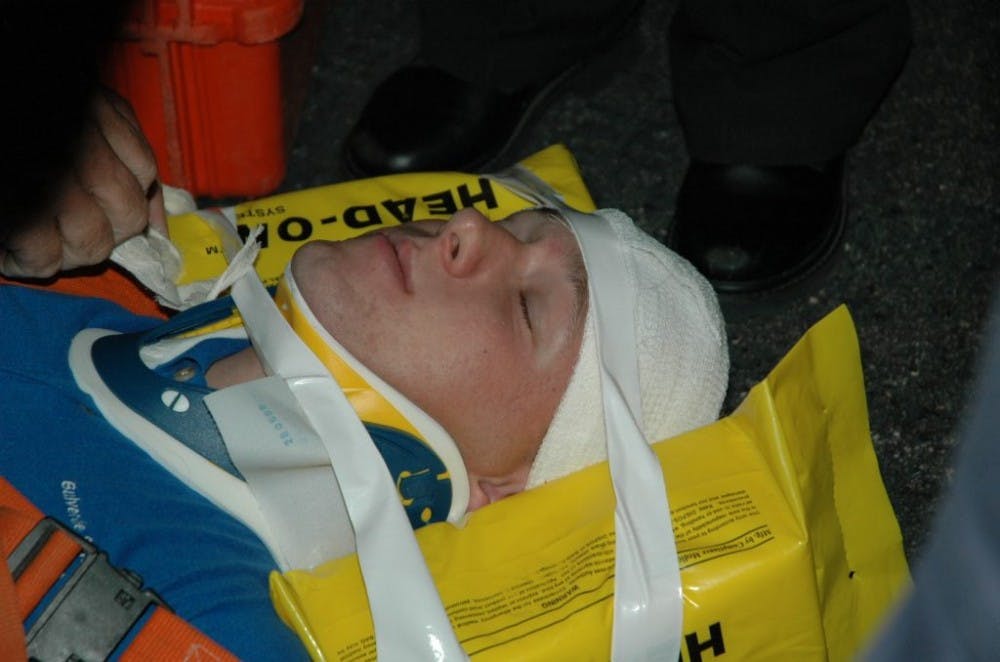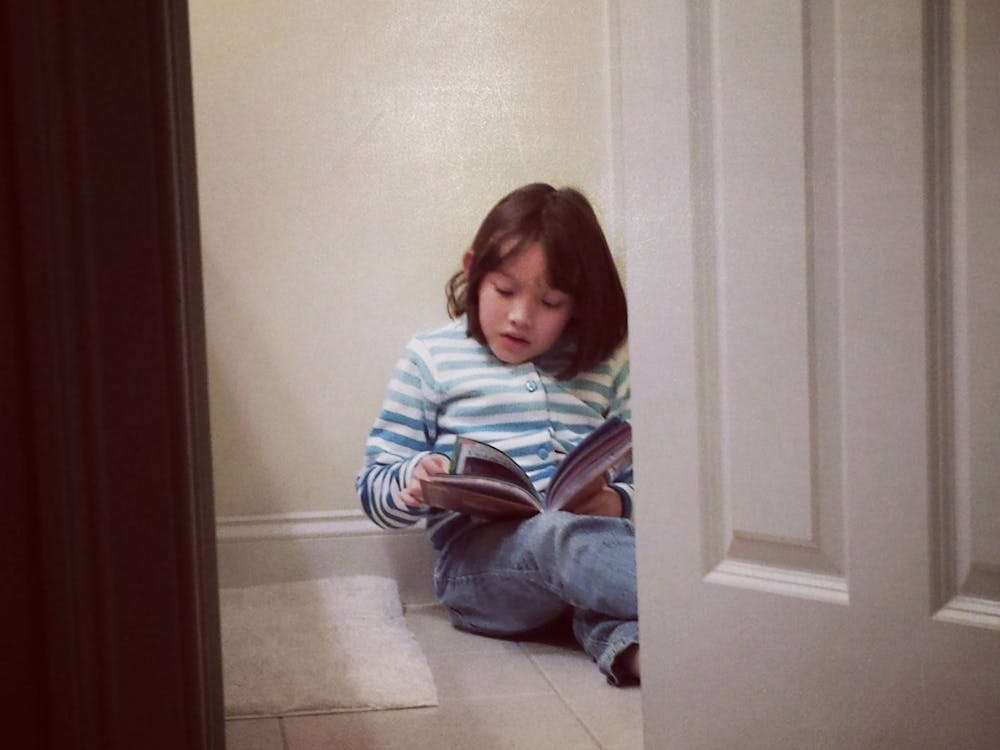I’ve been a member of HERO since last fall and started service in March. I’ve wanted to be an EMT for a long time –- our training equips us to handle critical situations when a lot of people would feel helpless. Plus, learning to keep an even head under pressure goes a long way in life.
Since joining, I’ve gotten a lot of questions about HERO, so here’s some of my personal perspective on frequently asked questions.
First off, I’ve had people ask me if the new Amnesty Policy is real and/or effective. If you don’t know already, the policy essentially states disciplinary action is not taken against students involved in isolated drug/alcohol-related incidents.
This way, the risk of getting in trouble is not an impeding factor in calling for medical help when you suspect a substance-related problem. As far as I’ve been told, the policy is pretty solid.
You may have to watch some educational videos on underage drinking, etc., but nothing permanent goes on your record. Note: the policy won’t protect students from the police and does not extend to repeated major offenses.
Then there’s the awkward thing of dealing with people who want to know about their friend or neighbour who called HERO last night. In case you were not aware, HERO members are not permitted to discuss cases outside of debriefing after a response.
First there’s the matter of the law -- HIPAA (Health Information Portability and Accountability Act), which protects patient confidentiality. HIPAA is no f*cking joke; it’s serious business.
You can search up HIPAA violation nightmare cases where people get huge fines, face the possibility of prison time, or (more relevantly to Hopkins students), are blacklisted from major medical schools.
Technically, as far as the law goes, we can discuss scenarios as long as the patient is not identified. But think about how small the Hopkins undergrad student body is. If I told you “male student found unresponsive in AMR II Baker third floor bathroom”, chances are you could find out exactly who it was without a whole lot of difficulty. Is it legal to disclose this? Yep. Does it maintain patient privacy? Nope.
A lot of students are aware of the restrictions to what I can say, and will play the classic “yes or no” question game or ask something like “Tell me everything you’re allowed to say.” Sometimes other people hear the radio dispatch from security, which gives details like location and incident type.
Let me just tell you, it’s unfortunate and uncomfortable when protecting the privacy of the patient means I have to be a total conversation killer. The kindest thing you can do is just not to ask. If you do insist on asking me, I will probably be an awkward wet blanket, and nobody wants that.
What if a responder knows the person getting HEROed?
Yeah this one is tricky. It can be tough on both the patient and responder. As responders, all we can do is maintain a high quality of services, which means treating all patients with the same professionalism. Sometimes knowing the patient can help establish trust, especially if the patient is anxious for whatever reason. I mean, it’s not everyday that a bunch of uniformed people with blue gloves and walkie-talkies descend on you and start sticking little clips on your fingers and shining lights in your eyes.
What do you do when responders run into people they treated after the fact?
Nothing. Everyone has rough days/nights. Personally, I don’t believe one situation reflects on your intelligence, maturity, capability or anything else about you as a person. If I even remember you among all the cases we respond to, I frankly won’t acknowledge that I saw you in the context of being HEROed. Read: I do not care (in the most positive way possible). You do you, I do my thing, we all move along and it’s fine.
Of course I can’t go without saying how much I love HERO and how much the overall experience means to me. HERO is an awesome and diverse group of people (contrary to popular opinion, we are not all pre-meds!). As a newbie last year, I met so many people in HERO that I respect and appreciate a ton. This year’s application cycle is closed, but next year I definitely recommend #RUSHHERO.





